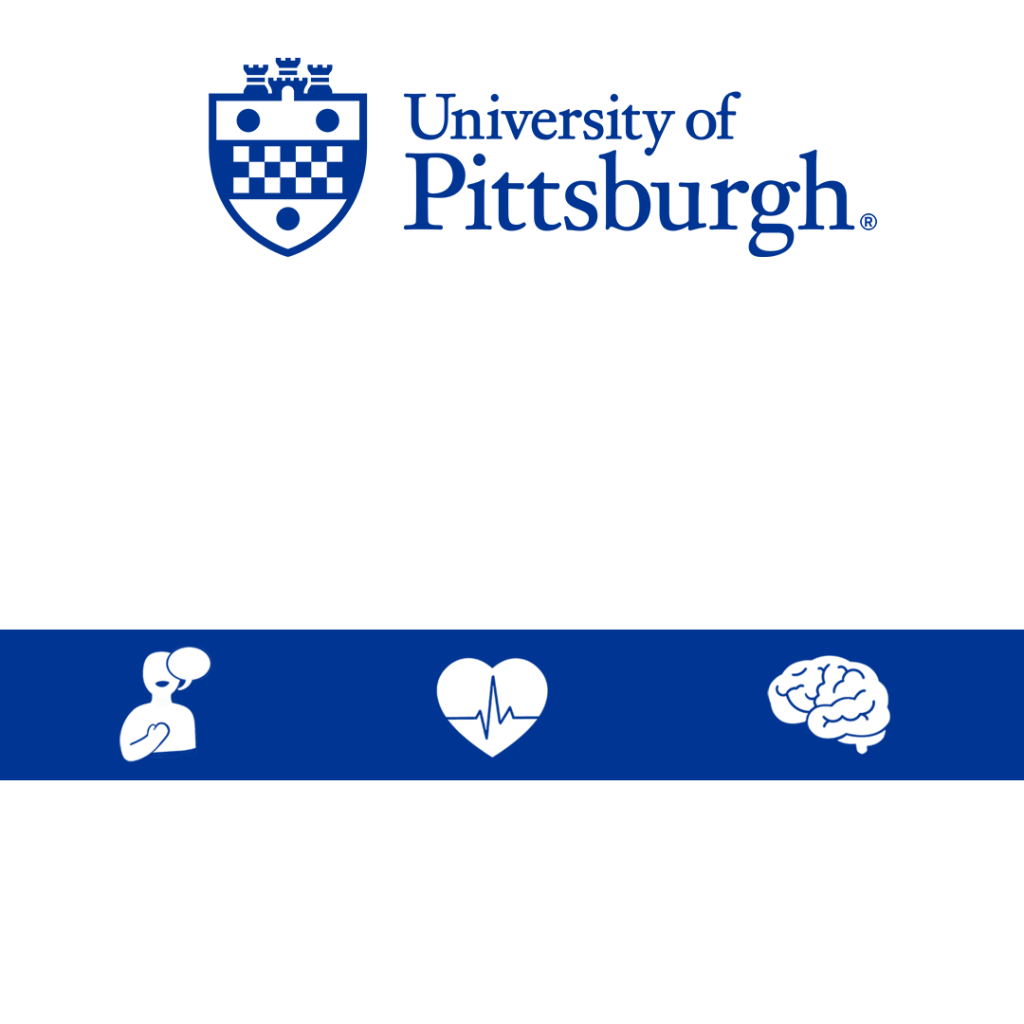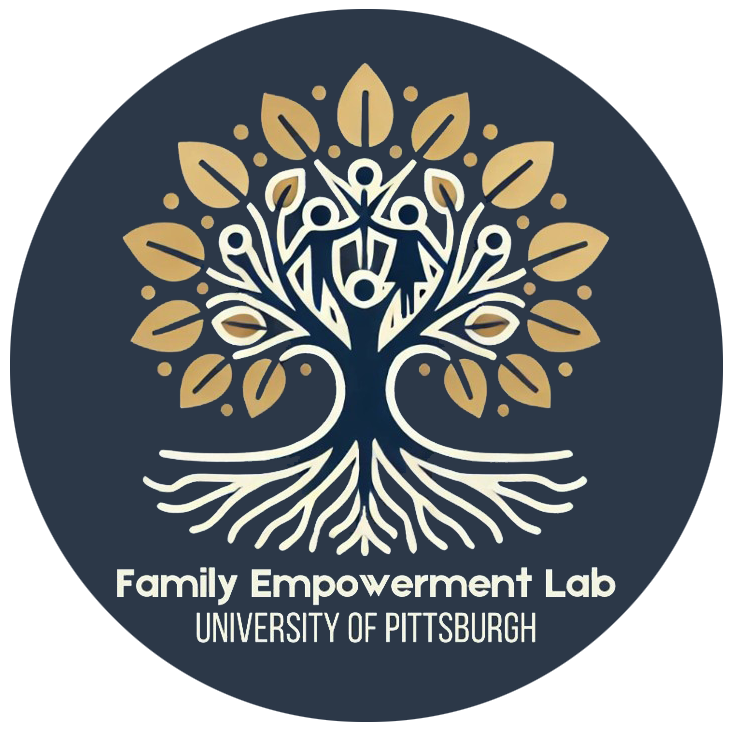For more information on studies, including previous studies, view our studies page.
REAACT keeps participant information private
Studies Currently Enrolling Participants
|
Autism Center of Excellence (ACE)
Purpose: to gain more knowledge and understanding about factors that relate to mental health and quality of life for autistic adults who live with thoughts of suicide |
|
|
|
EASE + UP: Emotion Regulation Intervention Trial
Purpose: compare therapies for emotion dysregulation in autistic teens and young adults |
|
Suicidality, Trauma, and Adversity in Autism: Resilience and Trajectories (STAART) *Enrolling Soon*:
Purpose: understand how trauma and adversity impact suicide risk in autistic adults. We will also study resiliency to find ways to reduce suicide risk. |
|
|
The DREAMY Study: Differences in Rest, Emotion and Arousal Modulation in Youth This study is opening recruitment in February 2026
Purpose: explore how the way we process sensory information (sensory processing) might impact a child’s emotion dysregulation and sleep. |
Why participate in research?
There is a great deal to be gained from participating in research and aiding the efforts of scholars and clinicians committed to supporting autistic individuals and communities. We invite you to explore the studies being conducted by our group on the Studies page, and to get to know the researchers on our team by visiting the People page. We welcome all questions about our work and look forward to helping you to get the most out of your research experience.
- Playing a role in future change
-
- Research brings us knowledge and understanding about unexplored topics. By participating in studies conducted by the REAACT lab, you will enrich society’s understanding of autism, contribute to development of services to support autistic people and help foster a more inclusive and compassionate community.
- You may also find psychological benefit in sharing your lived experiences with researchers who can turn that experience into something that benefits other people with similar experiences.
- Opportunities for self-reflection and self-discovery or a deeper understanding of your child
-
- You may be asked to reflect on your thoughts, feelings, behaviors, and identity (or that of your child). This reflection may help you get to know yourself (or your child) in ways that you may not otherwise.
- Depending on which study you participate in, you may even learn how your body and brain work through physiological and imaging technologies.
- Some studies offer feedback and reports on assessment, including autism diagnosis.
- Help improve the research process
-
- We work with our PAARCC group to try to make the research experience as rewarding and positive as possible. But we recognize that there is always room for improvement. You will have the opportunity to observe research practices from the inside and influence the direction of future research by providing feedback to the research team.
- Compensation for your time
-
- Your time is valuable and participants are paid for their time involved in research.
- Actual payment rates vary by study.
To speak with a study staff member:
| PittACE@UPMC.edu | |
| Call | 412-912-8231 |




